Iran says received data from new satellite four times today
Iran’s minister of communications and information technology says data was received four times today, as scheduled, from the remote-sensing Khayyam satellite, which was launched into orbit on board a Russian rocket a day earlier.
“Today, we received signal from the Khayyam satellite four times at the Iranian Space Agency’s (ISA) Mahdasht space base,” Issa Zarepour announced on Wednesday.
He also noted that the production line of such satellites will remain active in cooperation with Russia, adding that it is a great honor for Iranian technicians to work alongside Russian technicians who have more than 6 decades of experience in the field.
Hours after the launch on Tuesday, Iran confirmed the reception of the first telemetry data from the Iranian-made satellite.
Equipped with a Fregat upper stage, Khayyam satellite was sent into orbit by Soyuz-2.1b rocket, from the Moscow-operated Baikonur Cosmodrome in Kazakhstan.
According to the reports, the satellite will send high-resolution images four times a day.
Imagery from Khayyam will be used to monitor Iran’s borders and improve the country’s capabilities in management and planning in the fields of agriculture, natural resources, environment, mining, and natural disasters.
‘A breakthrough for Iran under sanctions’
On Tuesday, Iran’s Foreign Ministry Spokesman Nasser Kan’ani praised as a breakthrough the launch of the Iranian “Khayyam” satellite into orbit, saying the scientific achievements of the country will continue despite sanctions.
“The launch of the Khayyam satellite into space is the latest achievement of Iranian space scientists for peaceful purposes and another golden page in the history of the Islamic Republic of Iran’s scientific achievements,” Kan’ani said.
“The bright path of the Islamic Republic of Iran’s scientific and technological progress continues despite the sanctions and the maximum pressure of the enemies,” he added.
Russia hails ‘important milestone’ in Iran ties
Meanwhile, Yuri Borisov, head of Russia's state space corporation Roscosmos, has hailed the launch as an “important milestone” in Russian-Iranian bilateral cooperation that paves the way for implementing new joint projects.
“Due to Khayyam satellite’s weight of more than half a tonne and the very high success rate of the Soyuz launcher, the launch of the Khayyam satellite has been entrusted to Russia,” Borisov said in a statement published on the Iranian space agency’s website, according to AFP.
“As ever before, today Russia is open to cooperation in the field of space exploration with all interested countries and partners,” he added.
The launch of Khayyam satellite comes amid concerns that it could be used for battlefield surveillance in Russia's offensive against Ukraine.
Iran has rejected the allegations, emphasizing that it will have full control and operation over the satellite "from day one".
In a Sunday statement, the Iranian Space Agency's (ISA) Mahdasht space base rejected recent reports that claimed Moscow might maintain control of the satellite temporarily to use it in the ongoing Russia-Ukraine conflict.
The ISA dismissed the unfounded suspicions and said that the Khayyam satellite will be fully controlled by Iranian experts and technicians based inside Iran from the very beginning of its launch.
It added that it is impossible for any country or entity to access the satellite other than Iran because it is equipped with encrypted algorithms designed by ISA’s researchers.
The statement came after a report last week on the website of the American newspaper the Washington Post alleging the Iranian satellite is supposed to aid Russia’s own war effort in Ukraine.
VIDEO | Israel silencing truth
IRGC: Enemy command room of 10 intel agencies targeted Iran
US threat to Iran's Leader will ignite entire region: Hezbollah
VIDEO | Campaign to stop sale of Israel bonds grows in US
VIDEO | Iran judiciary, military detail foreign role in unrest; honor martyrs
Experts slam ‘scientifically reckless’ US withdrawal from WHO
Recent US military actions signal return to ‘predatory colonialism’: UN rapporteur
‘Confused clowns’: Iran FM blasts Zelensky over call for aggression on Iran


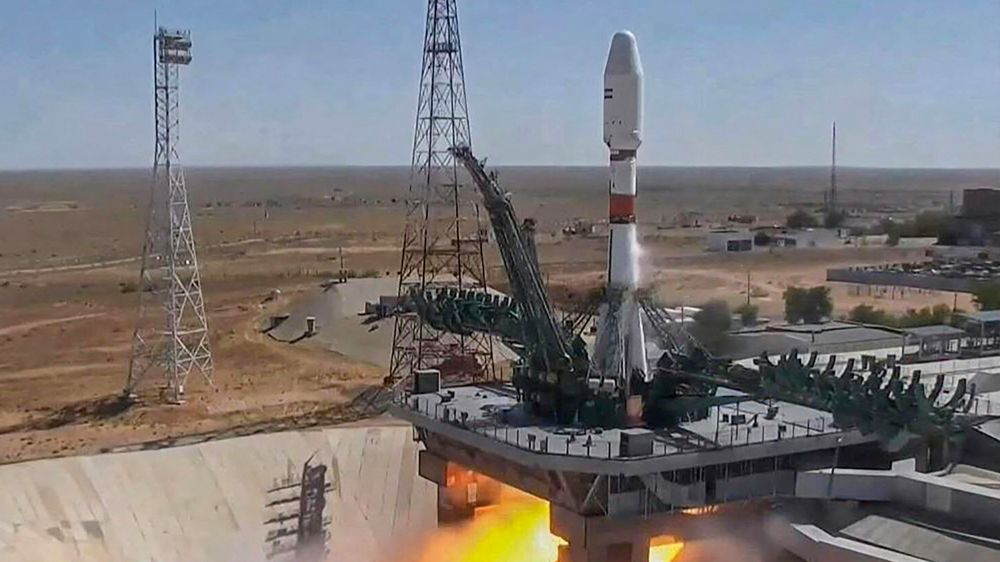
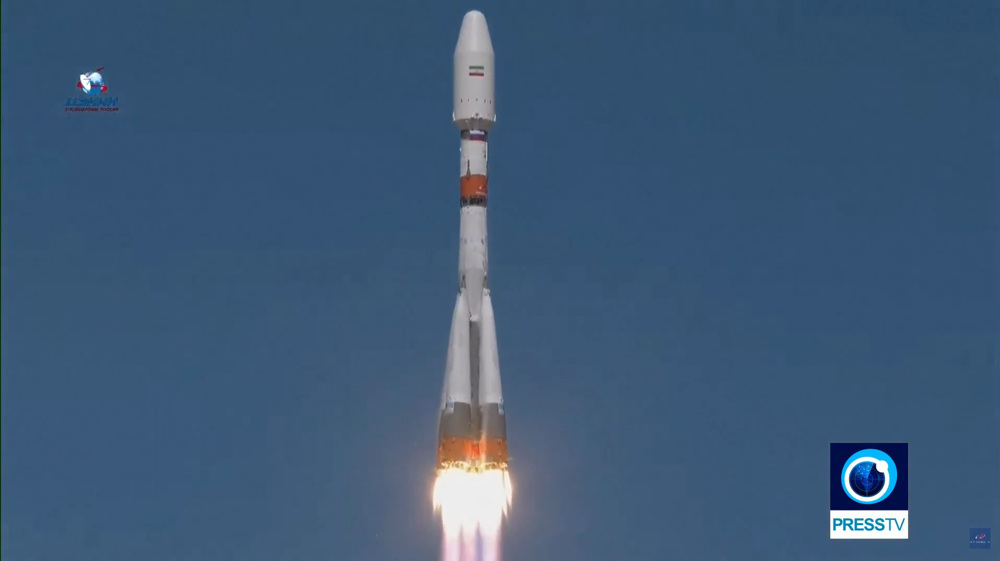
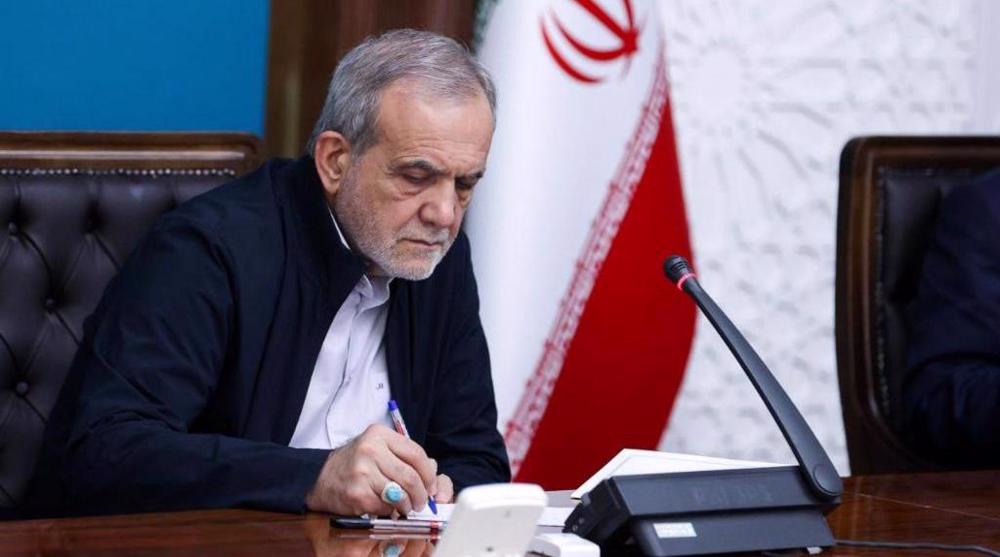

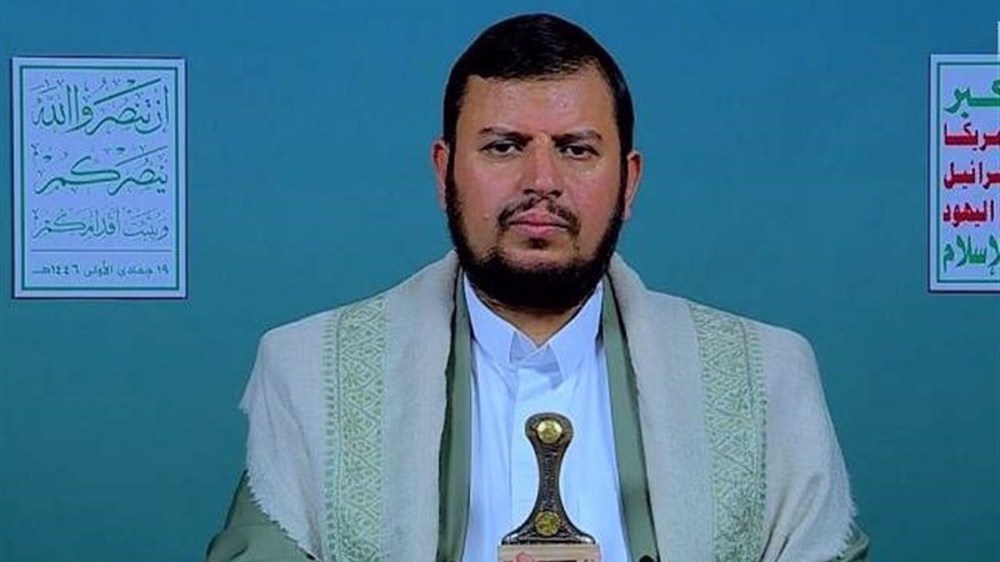



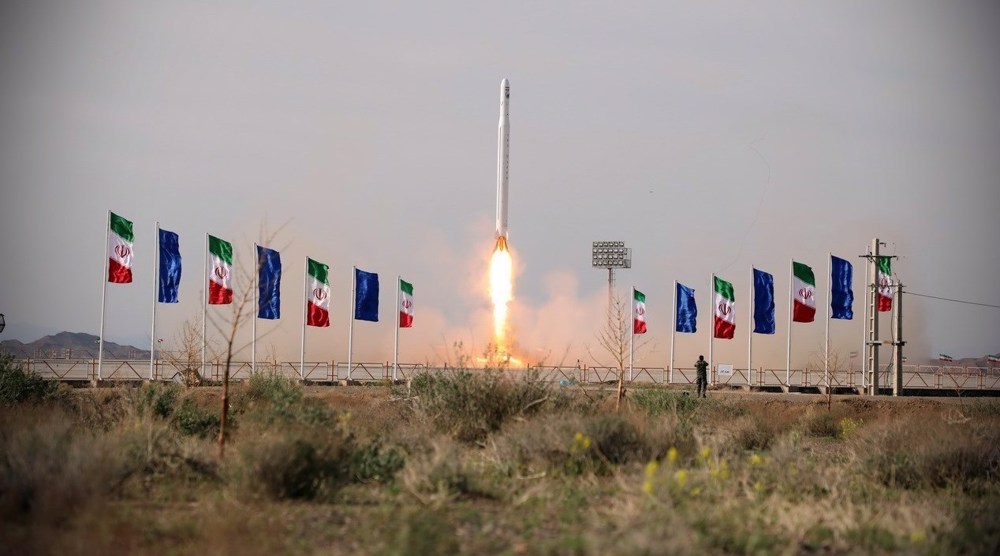

 This makes it easy to access the Press TV website
This makes it easy to access the Press TV website